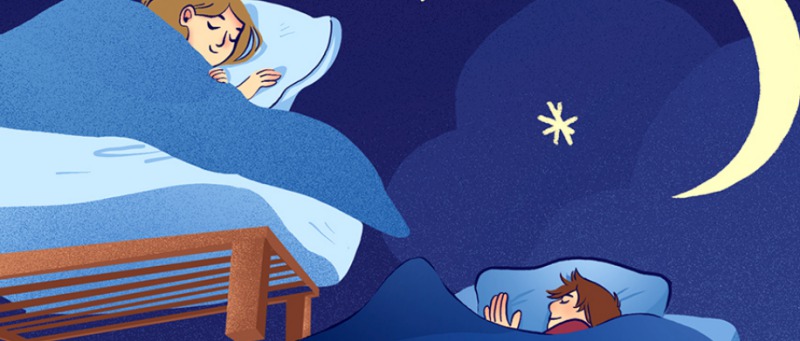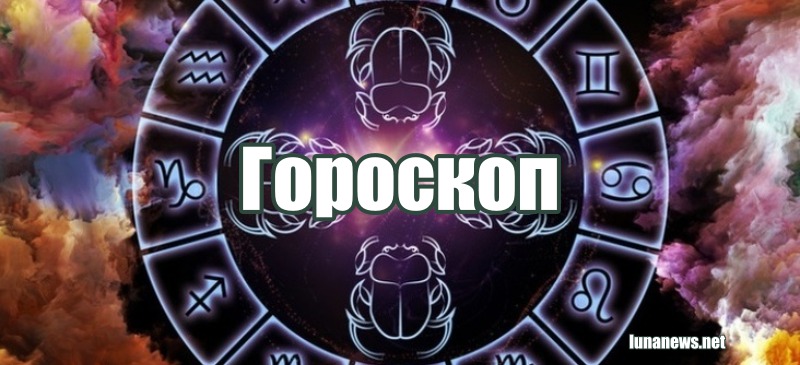I instructed my own attorney to arrange return of the vehicle while making clear that DNA evidence was, by definition, not defamatory. James maintained radio silence, his loyalty to father unsurprising given their genuine biological connection and shared worldview. Sophia, however, called daily, our relationship deepening through honest conversations about family dynamics we’d both observed but never previously discussed openly.
He’s been controlling the narrative our entire lives, she observed during one late night call, making us compete for approval that was never equally available. I benefited from that system but I always saw how it hurt you. I’m sorry I didn’t stand up for you more.
Her acknowledgement helped heal wounds I hadn’t realized still festered. The validation of my experience from someone who had witnessed it firsthand oddly more powerful than any test result could be. Six months after, the I. Revelation, the landscape of my life had transformed in ways both subtle and profound.
Weekly therapy sessions helped untangle the complex web of conditional love and performance anxiety that had driven my achievements, allowing me to recognize genuine accomplishments separate from desperate approval seeking. My relationship with mother evolved into something more authentic. Her careful performance of perfection abandoned in favor of honest, sometimes painful conversations about choices, consequences, and the complex love that had always existed beneath the Matthews family.
Theater. I met Thomas Keller for the first time at a quiet restaurant near Central Park. The strange experience of seeing my own expressions and mannerisms mirrored in a man I’d never met both unsettling and oddly comforting.
You have my mother’s analytical. Mind, he observed over dessert, hours into a conversation that flowed with surprising ease. But that spark when you talk about market patterns, that’s apparently from my side.
Our relationship developed cautiously, both respectful of its unusual beginning, neither expecting immediate father-daughter closeness, but building connection through shared intellectual interests and discovery of genetic commonalities that explained lifelong traits I’d never seen reflected in the Matthews family. The final piece of this transformed life mosaic fell into place at Thanksgiving, when I accepted Sophia’s invitation to dinner at her home rather than the traditional gathering at our parents’ estate. Richard had declined to attend when informed of my presence, his continued rejection now producing more pity than pain, his limitations increasingly apparent as my own healing progressed.
He can’t change, Sophia explained as we prepared dessert together, her children playing in the next room with her husband. Not won’t. Genuinely can’t.
His entire identity is built around certainties that your existence challenges. The observation carried no judgment, simply recognition of the immovable reality we’d both accepted. After dinner, mother called, her voice stronger than I remembered from childhood, the performative perfection replaced by authentic engagement.
I’m proud of you, Eliza, she said simply. Not for your job or your address or anything you’ve achieved, though those things are remarkable. I’m proud of who you are, your resilience, your capacity to build truth from deception.
I should have said that every day of your life. The words I’d sought from Richard for three decades, freely given by the parent who had always loved me despite her flaws, landed with healing force precisely because they came without conditions or qualifications. As I ended the call, I realized the most profound truth of this six-month journey, that family transcended genetics and legal definitions, comprising instead those who saw you clearly and loved you anyway, who honored your authentic self rather than demanding performance of assigned roles.
The luxury car I’d purchased as desperate offering to a father figure who could never truly accept me had been reclaimed and subsequently sold, the funds invested in my future rather than squandered, on illusory approval. More importantly, I had reclaimed the emotional energy previously exhausted on an unwinnable quest for validation, redirecting it toward relationships that nourished rather than depleted, toward work undertaken for passion rather than proof of, worth toward building a life measured by internal fulfillment rather than external recognition. The journey from that fateful family dinner to this new equilibrium hadn’t been linear or simple, each day bringing fresh challenges and occasional setbacks, but the trajectory remained consistently toward healing rather than further damage.
Perhaps the most meaningful measure of growth came not from grand revelations, but from quiet Tuesday mornings when I awoke without immediately assessing my worthiness, when accomplishments were celebrated for their intrinsic value rather than their potential to finally earn paternal approval, when life was lived from authentic foundation rather than performative desperation.
As this Thanksgiving evening ended, I realized that while the mystery of my paternity had been solved, the more significant discovery was that its importance had diminished with each step toward self-acceptance, the question of whose blood I carried mattering far less than whose values I chose to embody, whose love I accepted as genuine, whose truth I claimed as my own. Have you ever discovered that your true family isn’t always defined by blood? Sometimes the people who should love us unconditionally are the ones who hurt us most deeply.













